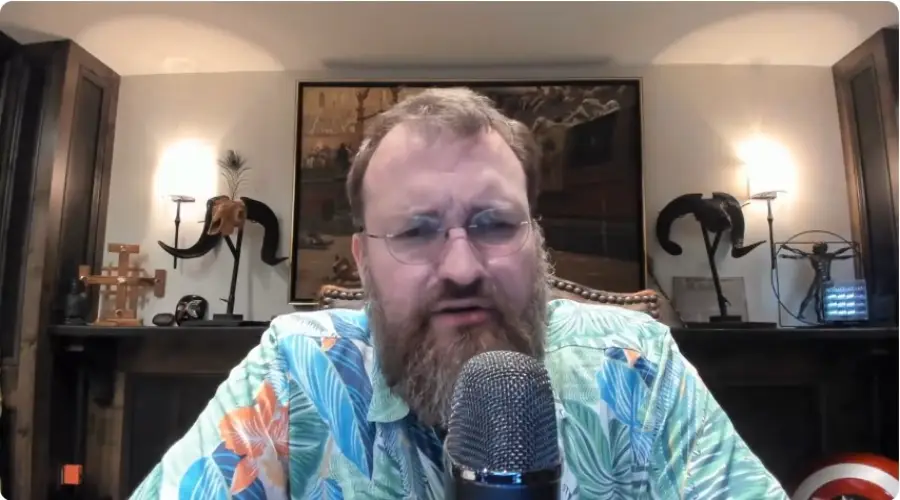By Hal Brands
Western powers are tightening the noose around Russian President Vladimir Putin: the next move looks set to be a gradual European Union ban on Russian oil markets.
This is the right policy, given that oil money is financing Putin’s war in Ukraine and keeping the Russian economy alive. The dangers, however, can prove to be great: the review forces have sometimes become more violent as campaigns of economic strangulation against them come close to achieving their goal.
The example of interwar Japan
The classic example is Japan before World War II. For a decade, Tokyo sought to build a vast empire in Asia. It had begun with a military frenzy, occupying Manchuria, invading China and expanding into Southeast Asia.
The US was initially slow to respond. Eventually, however, Japan’s pursuit of regional sovereignty, the barbarity of its tactics in China – bombing cities to provoke terror, systematically killing civilians, using biological weapons – made the Japanese an enemy of Washington.
As early as 1940, the government of US President Franklin D. Roosevelt financially supported the Chinese government. The following spring, US warplanes and US volunteer pilots began arriving in China.
Most importantly, Washington transferred the battle against Japan to the economic arena. Roosevelt initially restricted exports to Tokyo of aviation-related materials, high-octane gasoline, scrap and other goods. After the advance of Japanese forces into southern Indochina in mid-1941, Roosevelt delivered his final blow: a universal oil embargo.
Japan was vulnerable to economic coercion. Prior to World War II, writes historian Waldo Heinrichs, Japan “imported 80 percent of its petroleum products, 90 percent of its gasoline, 74 percent of its scrap, and 60 percent of its power tools” from the United States.
The disruption to oil flows was particularly catastrophic. He threatened to abandon Japanese ships and aircraft with empty fuel tanks and lead the war in China to a humiliating end for Tokyo. Japanese military officials, having promised glorious conquests, now feared that the country would face a strategic disaster at American hands. Japan was “like a fish in a lake from which water was gradually drained,” as a Japanese War Ministry official later put it.
Instead of capitulating, the Japanese leaders risked everything, occupying oil-rich colonies in Southeast Asia, attacking US and Western possessions in much of the Asia-Pacific region, and trying to wipe out the American fleet at Pearl Harbor.
At that time, few Japanese leaders believed that they could defeat America in a long war. However, sometimes, said the strong man of the army Hideki Tojo, “one must gather enough courage, close his eyes and jump into the void”.
What about Putin?
As with any historical analogy, it is important not to exaggerate the parallels with today. The oil embargo and other sanctions imposed on Japan were more “mutilating” than the punishments imposed on Putin today. And one critical reason why Japan chose war in 1941 was that it had a tempting window of military opportunity because the United States was too late to rearm after reducing its military spending following World War I.
As Japan’s rapid gains in the months after Pearl Harbor showed, Tokyo had – albeit fleetingly – a degree of military superiority over Washington, which Putin does not enjoy today.
The Russian leader, however, has options to make matters worse. It could, as CIA Director Bill Burns warned, regularly use nuclear weapons inside Ukraine. Or it could launch cyber-attacks, infrastructure sabotage campaigns or even conventional military strikes against countries that supply Ukraine with weapons and “suffocate” Russia with sanctions.
The rhetoric emanating from Russia has certainly become more ominous as the country begins to realize its dire situation. Foreign Minister Sergei Lavrov described the conflict in Ukraine as a proxy war in which the United States and NATO are trying to destroy Russia. The Russian Orthodox Church has described the conflict as a “holy war.”
The Russian government is increasingly invoking the memory of World War II, that is, a battle to the end for national survival. Directed by Putin himself, who regularly hints at the prospect of a nuclear escalation, Russian propagandists speak in “Apocalyptic” tones.
Motivation
Putin himself does not appear to be a suicidal guy. However, if he worries that he may not survive, politically or even biologically, a military defeat in Ukraine or the slow death of the Russian economy, his motivation to turn a blind eye and jump into the vacuum may indeed be strong.
As the war goes on, the United States and its allies will step up their economic coercion against Russia in order to increase the price Putin pays and gradually deprive it of the means to continue fighting.
However, the closer they get to success, the more they will sharpen the choice Putin will face between accepting a humiliating defeat and intensifying his aggression, in the hope that he will be able to “steal” the victory.
Source: Bloomberg
I’m Ava Paul, an experienced news website author with a special focus on the entertainment section. Over the past five years, I have worked in various positions of media and communication at World Stock Market. My experience has given me extensive knowledge in writing, editing, researching and reporting on stories related to the entertainment industry.







